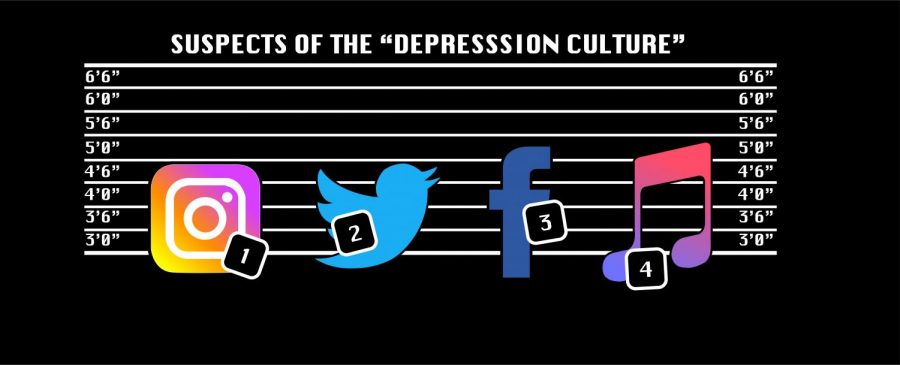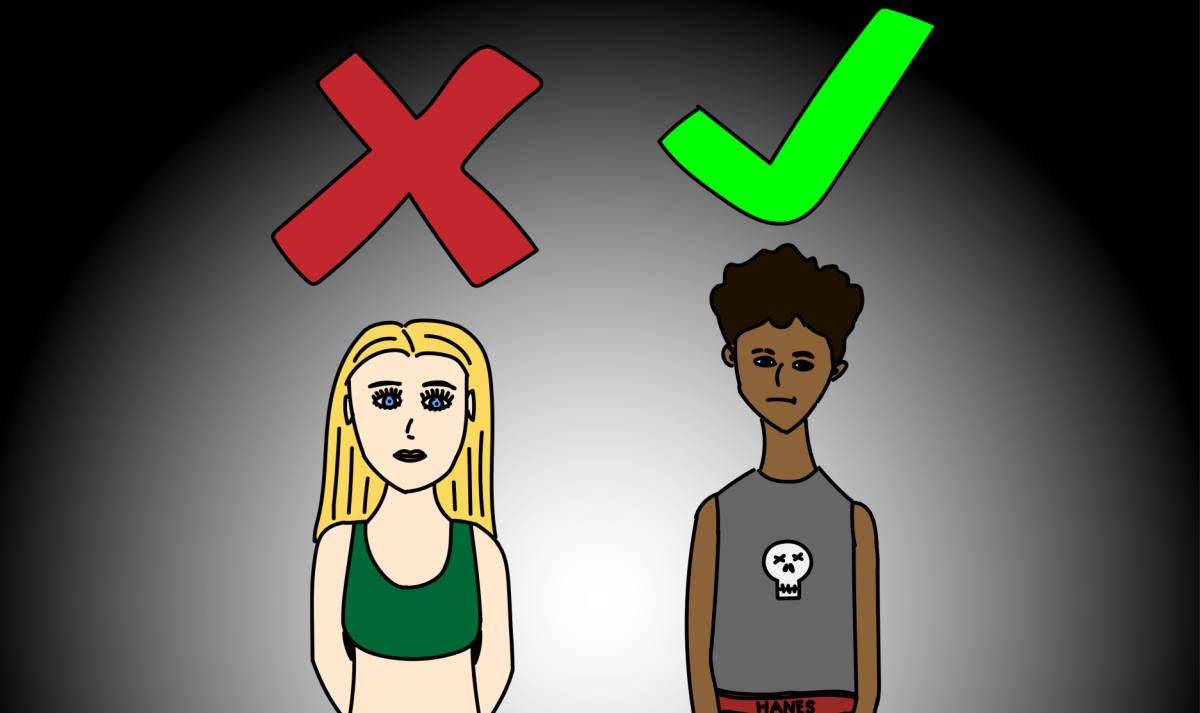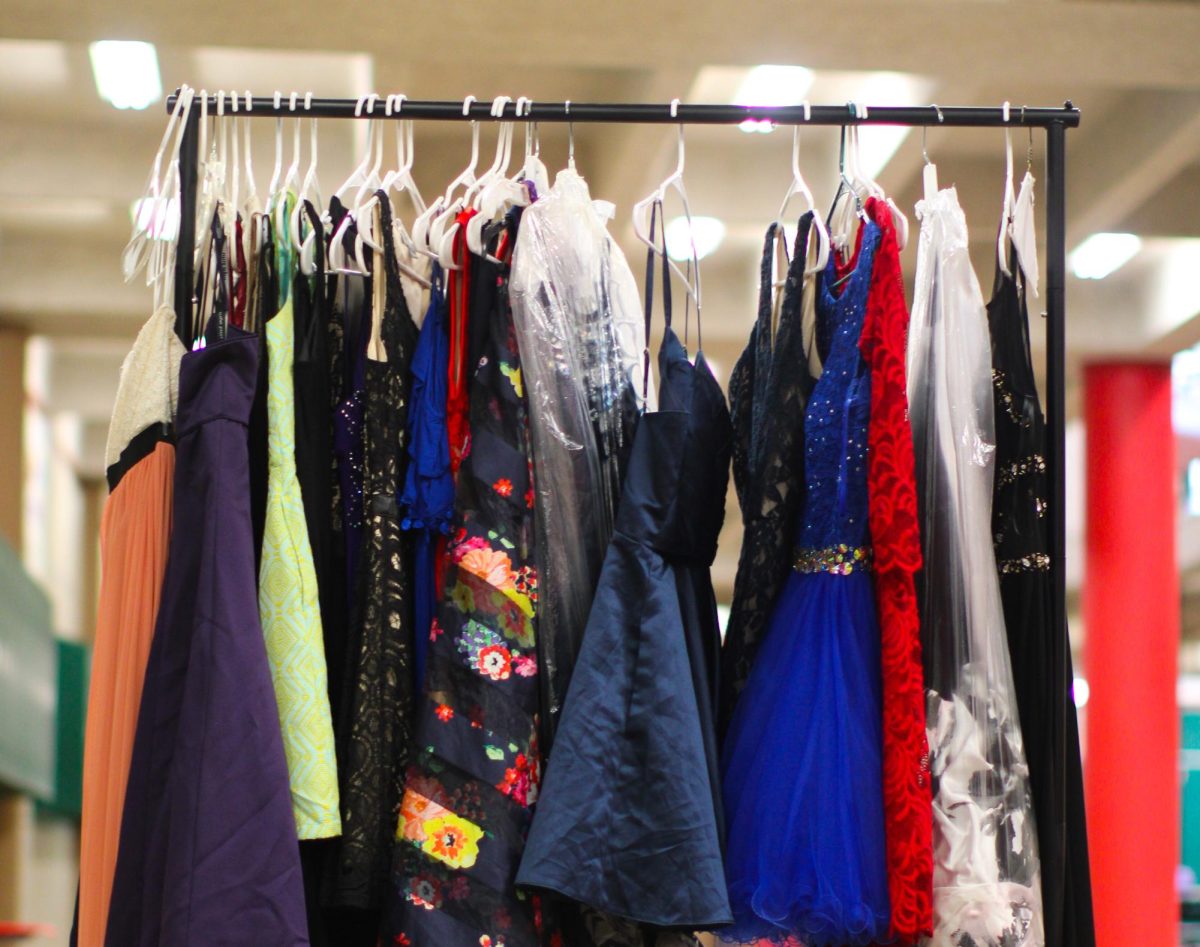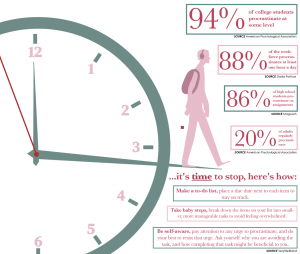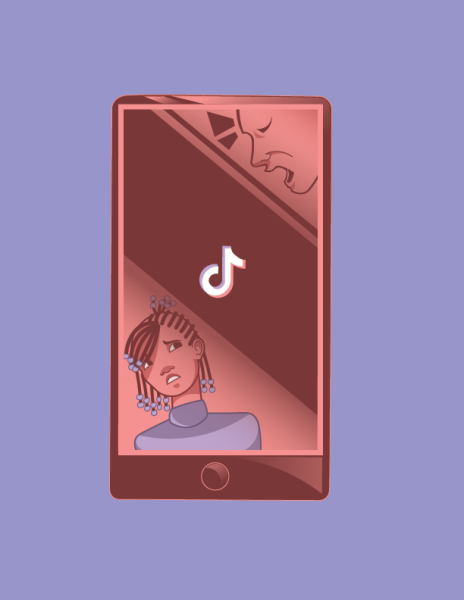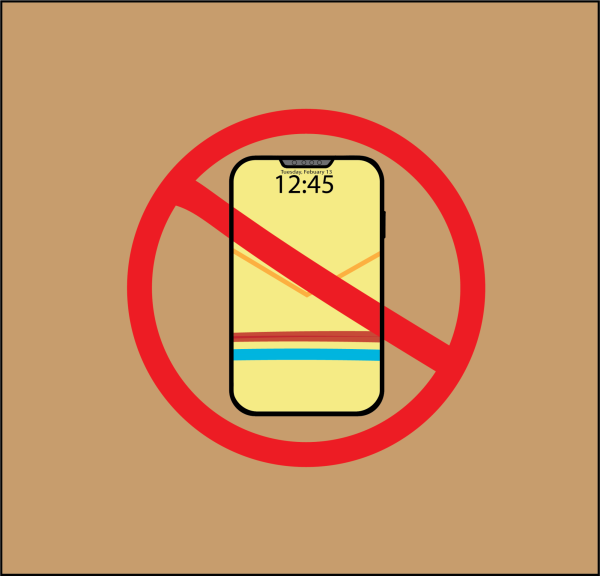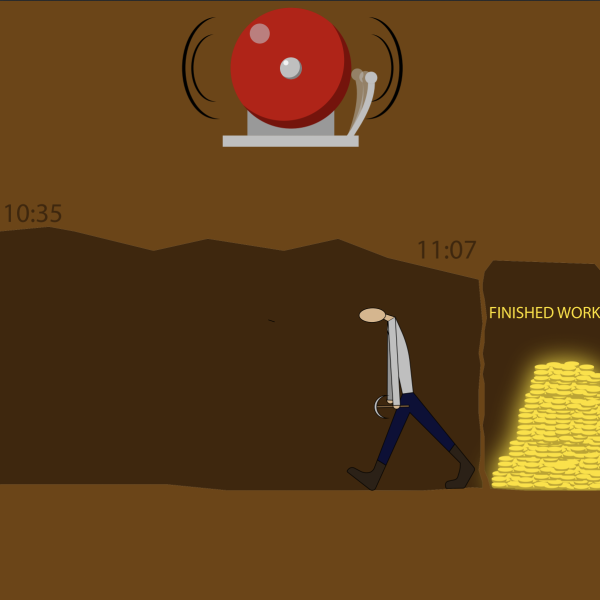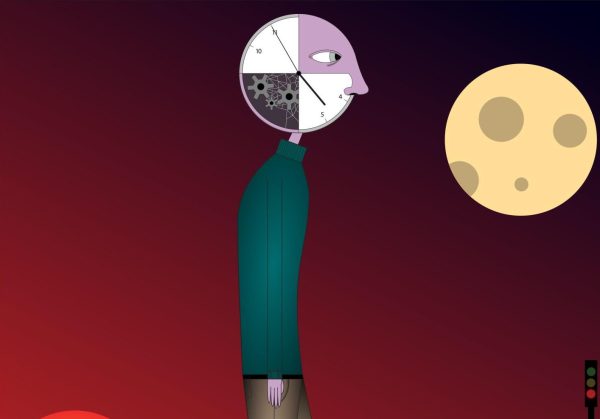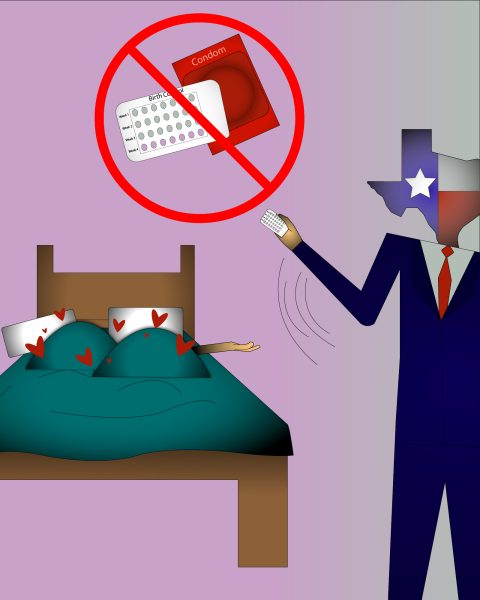Music and social media have contributed to teen depression
The common belief between many is that smartphones are the primary cause of teen depression, but there’s more to it than just that. According to Psychology Today, a study shows that loneliness spiked sharply in teens during the past 20 years, with the main factor being from a social media increase.
May 20, 2019
If you’ve ever been around a group from this generation’s teenagers, then it should come as no surprise that more teens today are being diagnosed with depression and other such mental instabilities than other teens in the past. According to a study conducted by SAMHSA, fifty percent more teens reported suffering from major depression in 2015 versus just four years before.
Many have come to call this new culture that today’s teens are living in the “depression culture.” The depression culture could be described as the collection of somber and gloomy things today’s teens are constantly being exposed to, which could be fueling their increased depression rates.
There are plenty of people that attribute the depression culture to smartphone usage, but it isn’t smartphones themselves that contribute to teen depression. Rather, it is largely believed that social media itself is the culprit to causing sadness in teens. Even a basic concept such as music can prove to be a contributor to today’s depression culture with the trend of music producers creating more sad music in the last decade.
In my opinion, the influx of teen depression is something that simply cannot be prevented. Social media is a concept that’s too big to put an end to and, as a result of more depressed teens, bleak music will continue to be produced.
The common belief between many is that smartphones are the primary cause of teen depression, but there’s more to it than just that. According to Psychology Today, a study shows that loneliness spiked sharply in teens during the past 20 years, with the main factor being from a social media increase.
Paired hand-in-hand with the success of smartphones, social media has become easily accessible from just about anywhere. Communication done through a screen rather than in person is likely the cause of this outburst of loneliness, and with the sudden growth of social media sites such as Twitter, Facebook, Instagram, and other such platforms, the statistics begin to make sense.
Over time, these social media platforms will inevitably grow larger, influencing other innovators to create similar apps, keeping the snowball rolling. This in itself isn’t necessarily a bad thing, but the side effects, which includes the increase in teen depression, is.
It’s not just loneliness that’s causing teen depression, however. The world surrounding these teens, which has become infected by the depression culture, has become a large contribution. One aspect of the world turning grim is music, the most universal and emotional form of communication.
According to Daily Mail, a study has found that music from 2015 is about 20 percent more unhappy than it was in 1985, even though upbeat songs seem to climb higher in the charts than depressing ones.
Influenced by the influx of depressed teens, music artists are now trying to cater to the depression culture by creating somber and ill-messaged singles. Songs are easily capable of inflicting emotions and defining one’s feelings for the remainder of the day. A new surge of depressing music could very well contribute to an increase in the depressing culture.
According to Liberty Publications, a study has revealed that adults who gave up Facebook for one week ended the week happier, less lonely, and less depressed than those who continued using Facebook.
Realistically, it’s not possible to simply get rid of teen depression. The rise of social media and influences of the depression culture will continue to grow as time passes. What we can do, however, is limit ourselves.
There isn’t a whole lot that can be done about the rise of teen depression over the past 20 years. We can only hope that those affected know methods to counteract their depressive feelings and overcome their sadness.

